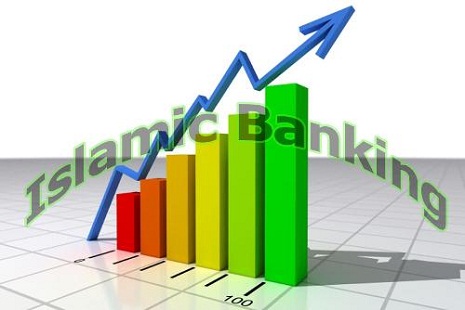He also touched upon the prospects for the development of Islamic banking in Russia. “The more financial instruments the market has, the more differentiated they are, the more effectively it helps investors to diversify their risks, according to the theory of finance,” he said. “These are new possibilities and their implementation does not depend on the state - it depends on the participants of the market themselves and potential customers of Islamic banking.”
Islamic banking can claim only 5 percent of the Russian financial market during 5-10 years, but “I think that the main thing is to start the process,” said Drobyshevsky.
Trend earlier reported that IBA Board decided to open an alternative banking department in the subsidiary bank in Moscow. This department will work within the framework of the IBA-Moscow Bank and develop Islamic financing.
IBA is ready to take responsibility for the promotion of Islamic banking in the CIS countries in accordance with the initiative of the CIS Financial & Banking Council, consisting in IBA`s determining as a common development bank of Islamic finance in the region.
The bank has all the prerequisites to build a bridge between Asia and the Middle East, as well as between the CIS and the Gulf countries, Director of the Islamic Banking Department of IBA Behnam Gurbanzade told Trend earlier.
IBA started rendering Islamic banking services in 2003, becoming the first in the country`s banking market. The bank has been providing services in this sphere with the resources attracted from the Islamic Development Bank group.
In 2013, a consortium of Salans, KPMG, Pinsent Masons and Dar al Shariah companies was assisting IBA in the creation of a specialized structure for rendering products and services of Islamic banking.
The IBA was founded in 1992 as the successor of the Vnesheconombank`s Azerbaijani branch. The IBA holds the dominating position in the country`s banking sector. The bank`s main shareholder is the Azerbaijani government which owns a 50.2 percent share. The remaining shares of the bank are owned by private individuals and legal entities.
More about:
















































